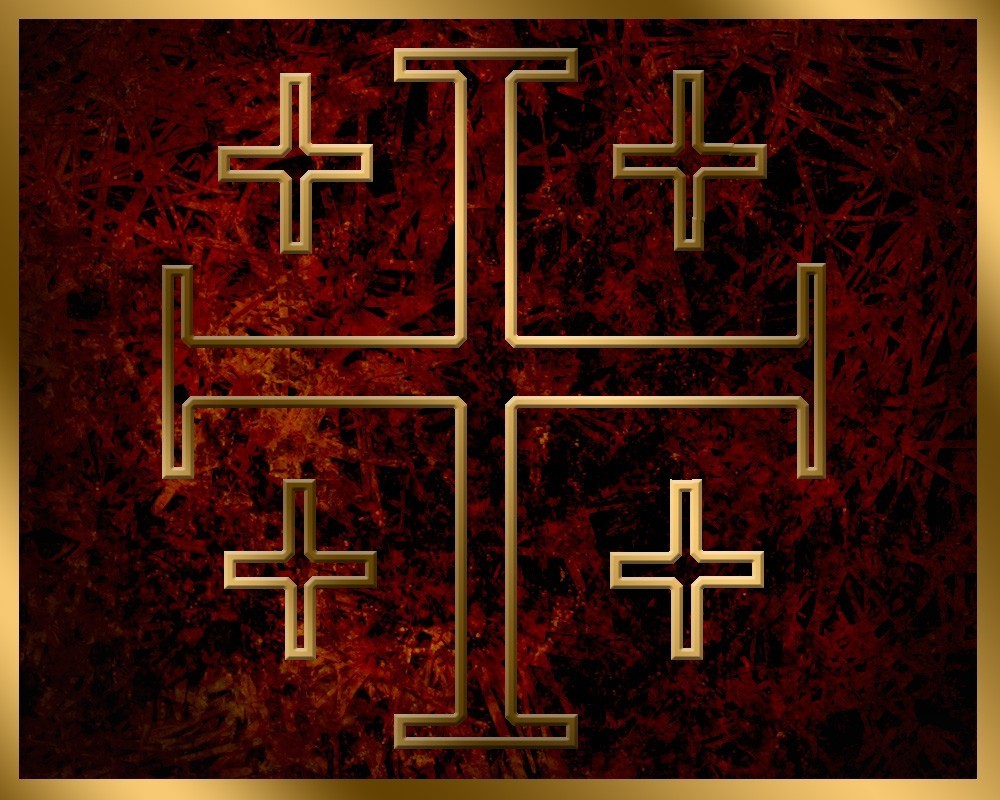About Us
The Order of...
St. James the Just is a Christian religious association of the faithful known as an "order." We exist to foster formation in all of its aspects: spiritual and practical, intellectual and cultural, earthly and heavenly, for the now and for the hereafter.
It is our...
goal to offer to others members who have been indoctrinated into a ministry of reputation, formed into a spirit of excellence, better prepared to respond to the world they find themselves in - while demonstrating their faith through works that prove they are worthy of another.
A fraternal community...
both online and in person, imprints on our members the ties of family. It frees us from loneliness and integrates the liturgy, study, human, supernatural, communal and prayerful aspects of religious life.
All the members...
also acknowledge a pecuniary responsibility in associating with the O.S.J.J. so as to better emulate the apostolic, cultivate a character of diligence, and better imitate Jesus who was poor, self-sacrificing and humble of heart.
Our History
The Order of St. James the Just (O.S.J.J.) was erected as a Religious Order within the Church of Jesus Christ, in the United States, on March 28, 2012. As a recognized religious order and public volunteer service organization, it is sanctioned by, and retains oversight from, our
Supreme Holy Prelate.
Eusebius records that Clement of Alexandria related, "This James, whom the people of old called the Just because of his outstanding virtue, was the first, as the record tells us, to be elected to the episcopal throne of the Jerusalem church." (First Bishop of Jerusalem, thus our use of the Jerusalem cross as an emblem.) Other epithets are "James the brother of the Lord, surnamed the Just, and "James the Righteous". He is sometimes referred to in Eastern Christianity as "James Adelphotheos," James the Brother of God. The oldest surviving Christian liturgy, the Liturgy of St James, uses this epithet. - Wikipedia
The O.S.J.J. is open to men and women, married or single, and to both clergy and laity alike, over the age of 18, who have been suitably prepared by competent authority, who have the qualities, characteristics and motivation required.
